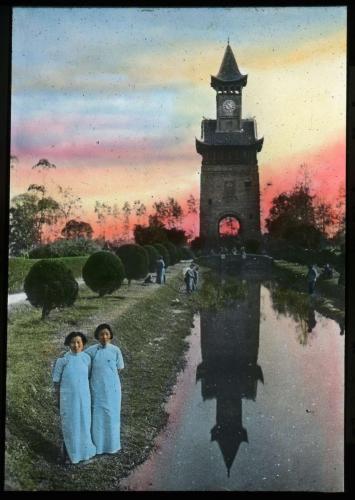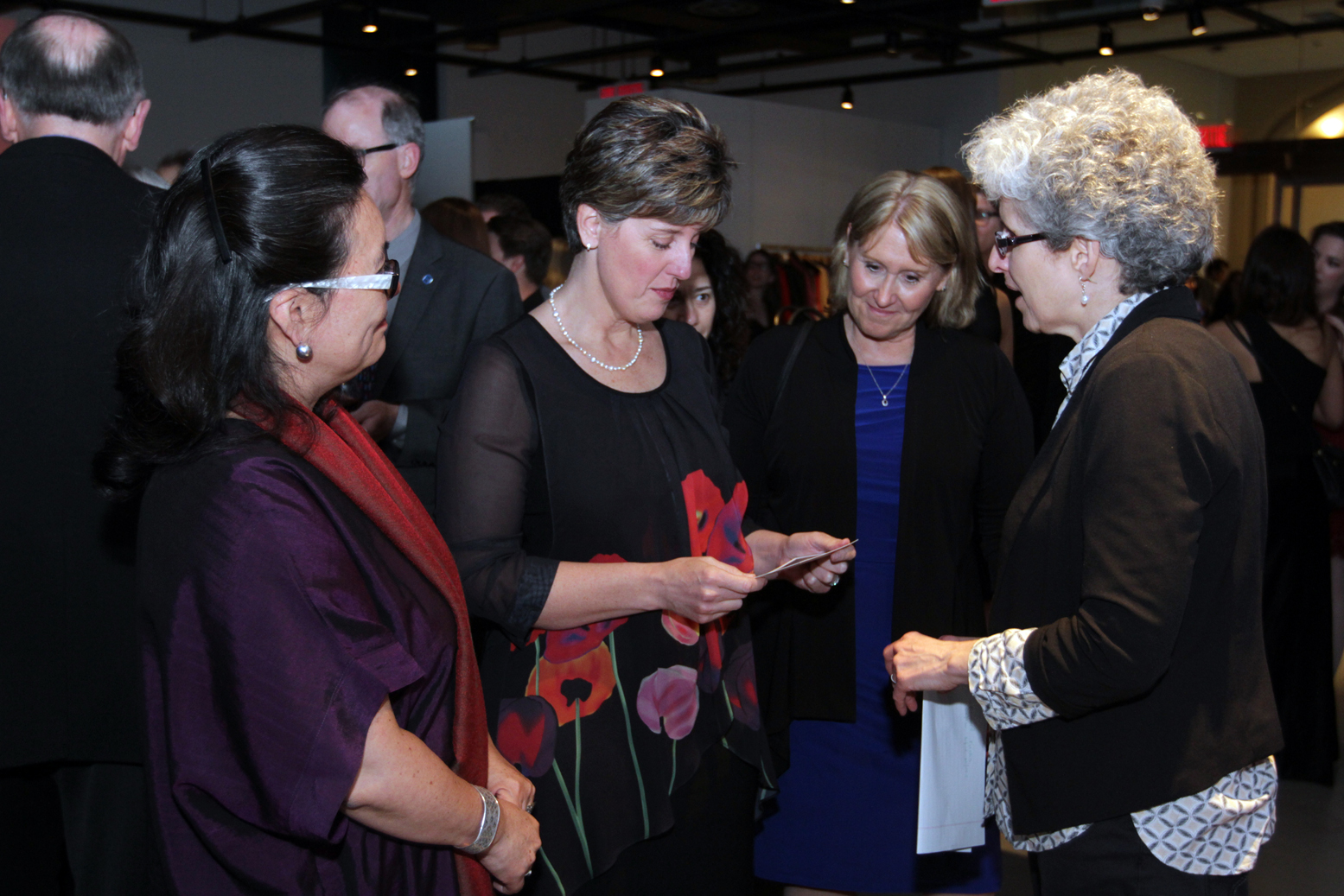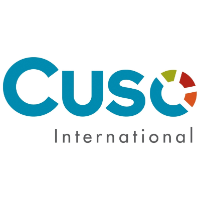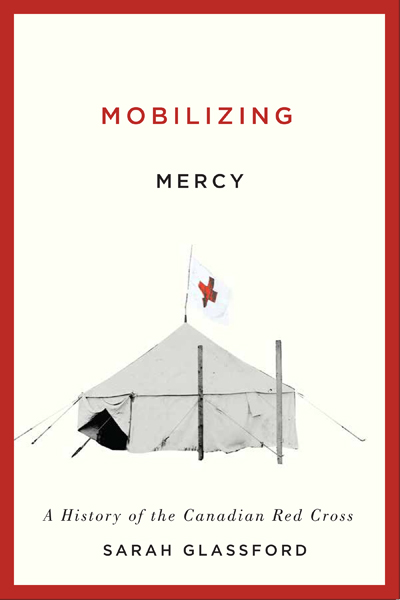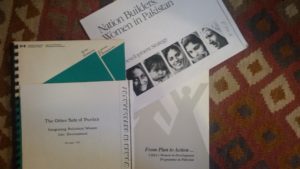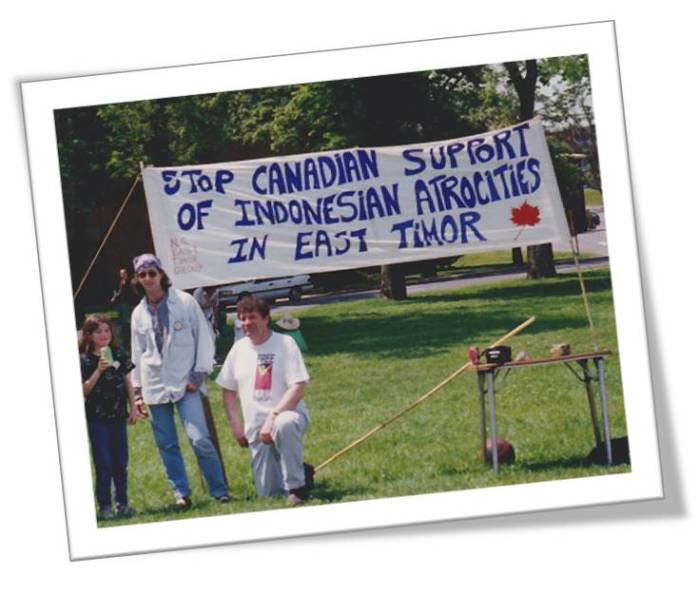Recently, Chloe Dennis blogged on the acquisition of 193 glass lantern slides donated to Archives and Research Collections at Carleton University. In addition, Ms. Dennis created a virtual exhibit showcasing these slides, archived as part of the John William Foster fonds at the ARC.
Category: Blog (Page 5 of 7)
By Sandrine Murray
On May 9, 2017, CNHH attended Global Impact Soirée, an event highlighting Canadian contributions to international aid.
Tyler Owens and Julia van Drie helped research a film discussing Canada’s history of international aid. It took the work of six CNHH members to identify events, while research assistants Tyler and Julia documented them. The CNHH also helped rejuvenate the slide show of CIDA highlighted at the evening. “25 years of excellence in International Photography,” was brought back online at the CNHH’s request, and is now hosted by the MacOdrum Library at Carleton University.To see the photos, check out the CIDA photo library collection here.
by Nicholas Hepner
Nicholas is a third year student in the Department of History at Carleton University. In addition to being a member and RA with the CNHH, Nicholas interns with Cuso International and was enrolled in HIST 3807A Practicum in History where research on this article was undertaken under the supervision of Jennifer Buter, Communications Officer at Cuso. The CNHH thanks Cuso and Dr. John Walsh, who ran HIST 3807A, for their support with this project.
Over the course of a semester, I spent several months on a practicum with Cuso International, a Canadian international development non-governmental organization (NGO). Cuso International develops partnerships with developing countries around the world and sends volunteers on two-year contracts. During these months I spent at Cuso International’s Ottawa office, I researched the history of the organization during the 1980s and 1990s. In that time, I learned about Cuso International’s initiatives during these years, like its support for the anti-apartheid movement, and some notable alumni (returned volunteers) who volunteered with Cuso International during those years.
by Katie-Marie McNeill
The Canadian Network on Humanitarian History met for its third annual meeting at Ryerson University on May 29th in the midst of the Congress of Social Sciences and Humanities. Dominique Marshall, Sarah Glassford, Kevin Brushett, Ruth Compton Brouwer, John Gilinsky, Katie-Marie McNeill, Rhonda Gossen, and Sonya de Laat were in attendance and John Foster and Jill Campbell-Miller joined the group via Skype.
by Sandrine Murray
This blog is now cross-posted on the McGill-Queen’s University Press website.
On Friday, April 28, 2017, the Canadian Network on Humanitarian History (CNHH) hosted a book launch for Mobilizing Mercy: A History of the Canadian Red Cross, by social historian -and a founder of the CNHH- Sarah Glassford. Members of the Red Cross were in attendance, including CEO of the Canadian Red Cross, Conrad Sauvé, who opened the evening with a few words of introduction.
The following includes clips of the launch and a Q&A with Glassford about her book, its reception, and humanitarian history. Continue reading
by Jill Campbell-Miller
Blog Cross-Posted with American Medical Services (AMS) as The History of Canadian Healthcare Aid to India in the 1950s.
I came across the name of Dr. Florence Nichols while doing research for my dissertation, which examined the history of Canadian aid to India during the 1950s (you can find a link to the full dissertation on the University of Waterloo’s website: https://uwspace.uwaterloo.ca/handle/10012/8756). In 1955, Escott Reid, the Canadian high commissioner in New Delhi, toured southern India, leaving a detailed record of his trip. He visited the Christian Medical College (CMC) in Vellore. There he encountered Dr. Nichols, a Canadian psychiatrist and Anglican missionary, whom he briefly mentions in his account of the trip. Nichols complained to Reid that there was no psychiatric ward, and that “many of [the patients] are kept in chains in local hotels where they are looked after by their relatives.”[1] Continue reading
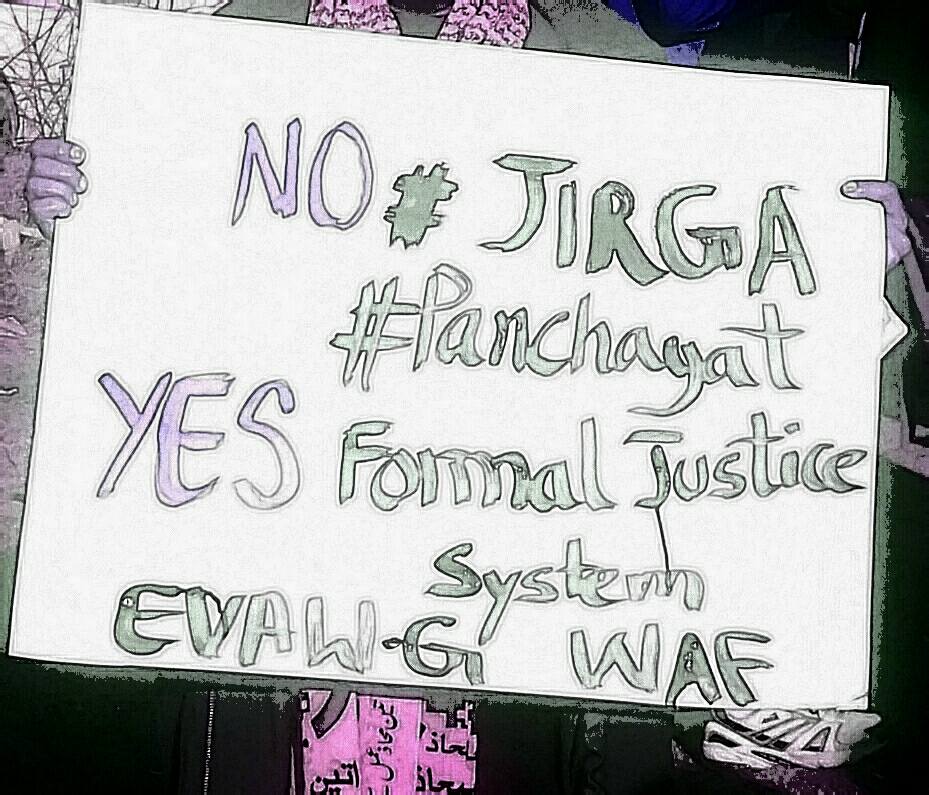
Canada’s Legacy of Gender Equality Support in Pakistan: Malala’s Speech in Parliament, A Symbolic Reminder
by Rhonda Gossen
“Women and girls will be at the heart of the Government’s development policy”, Canada’s Minister for International Development, April 12, 2017
Malala’s moving speech in Canada’s Parliament last month on the right to education for girls is a poignant reminder of the ongoing struggle for gender equality in the country of her birth, Pakistan. It is also a symbolic reminder of Canada’s history of support for women’s rights in Pakistan built over more than three decades. Canada’s legacy as a global leader championing gender equality actually began in Pakistan in the mid 1980s. Looking back at that legacy, it is hard not to view it against the rise of violent Islamic extremism that developed inside Pakistan over the same period. These two opposing forces- those working for women’s rights and those working to restrict them, have both consistently gained strength since. Decades later, one can trace the path from the Pakistan women’s movement in its struggle against the Islamic laws affecting women’s rights in the 1980s, to Malala today as a symbol for human rights and peace.
By Tyler Owens* and Dominique Marshall
The postcards and personal photographs from Dr. Keith Spicer’s 1960 trip through Europe, Africa, and Asia, were produced during the research he conducted on the trip for a doctoral thesis, better known today as A Samaritan State? External aid in Canada’s foreign policy (1966). On the same occasion, he laid the foundations for Canadian Overseas Volunteers, which would become Canadian University Students Overseas (CUSO). These two maps tell the story of this trip, in his own words. Click the arrows below to take this voyage with him.
* Tyler Owens, research assistant for the CNHH paid by I-CUREUS project put together these ESRI Story Map presentations as part of the preparations for A ‘Samaritan State’ Revisited Conference in December 2016 . We thank the MacOdrum Library Map specialist Rebecca Bartlett for ther technical advice.

Sharing Perspectives on Climate Migration: From Narratives, to Language, to Conceptualization
by Jay Ramasubramanyam
“Rains have become so fickle, the days measurably hotter, the droughts more frequent and more fierce, making it impossible to grow enough food on their land” read an article in the New York Times that appeared in late February which elucidated the grounds for mass-migratory patterns across Sub-Saharan Africa (Heat, Hunger and War Force Africans Onto a ‘Road on Fire’). In light of such patterns increasing more than ever in the global south, the role of Carleton University’s Climate Commons, a working group that brings together faculty members and undergraduate and graduate students to discuss climate change issues, becomes all the more prominent within the context of such narratives. An evening of discussion and dialogue on climate change migration on the 1st of March brought together professors, a slam poet and a graduate student to discuss ‘climate refugees’.
by David Webster
When does the humanitarian impulse to provide aid and relief contribute to activism to promote human rights? When does it prompt avoidance of activism in favour of quietly enduring access to places and people in need?
This is one of the questions I am trying to answer in current research on relations between Canada and East Timor. Under Indonesian military occupation from 1975 to 1999, Canadian aid agencies tended to shy away from criticizing Indonesian actions in order to make sure they could deliver aid supplies. Humanitarian impulses dictated a quiet stance on human rights from a range of Canadian NGOs. But there was an early exception, in the work of Oxfam Canada.

